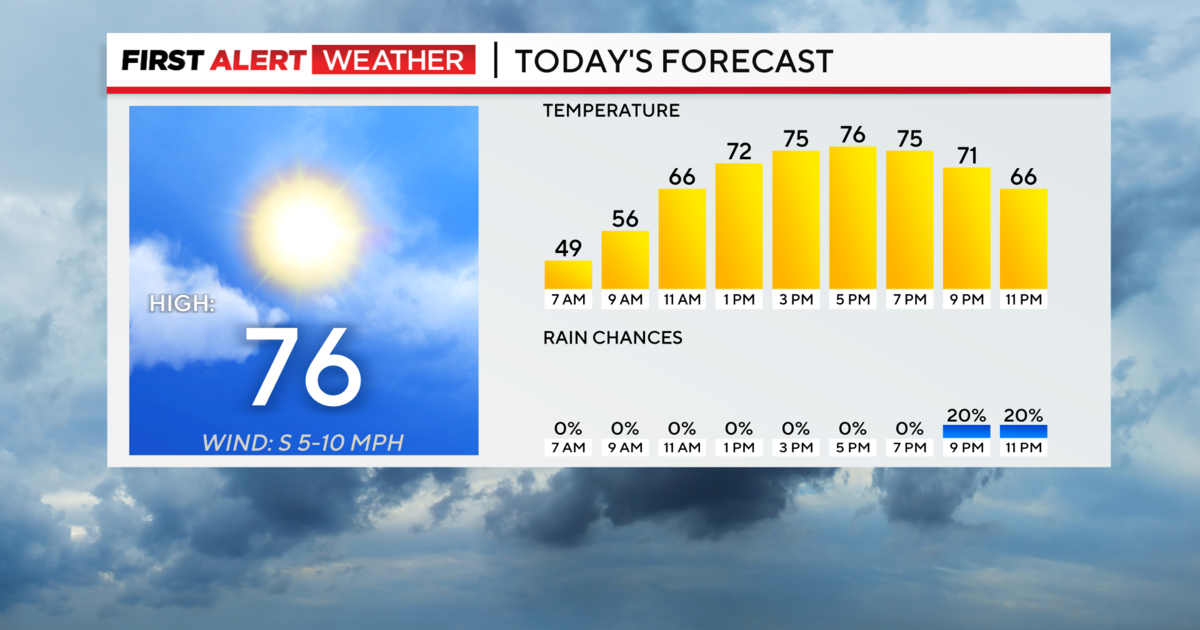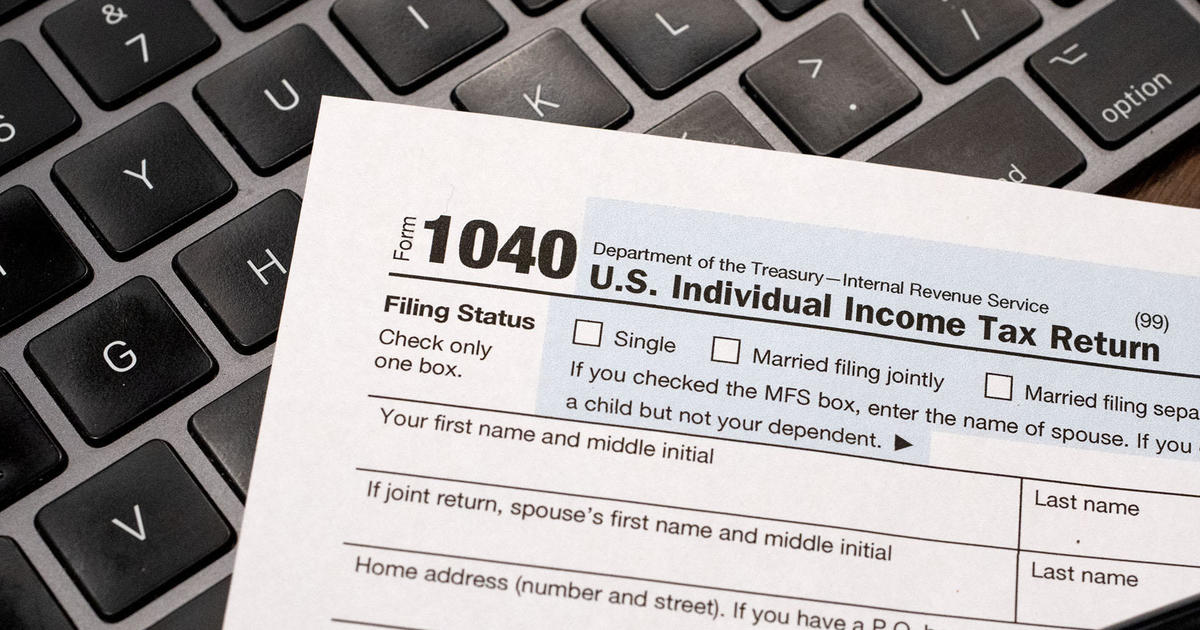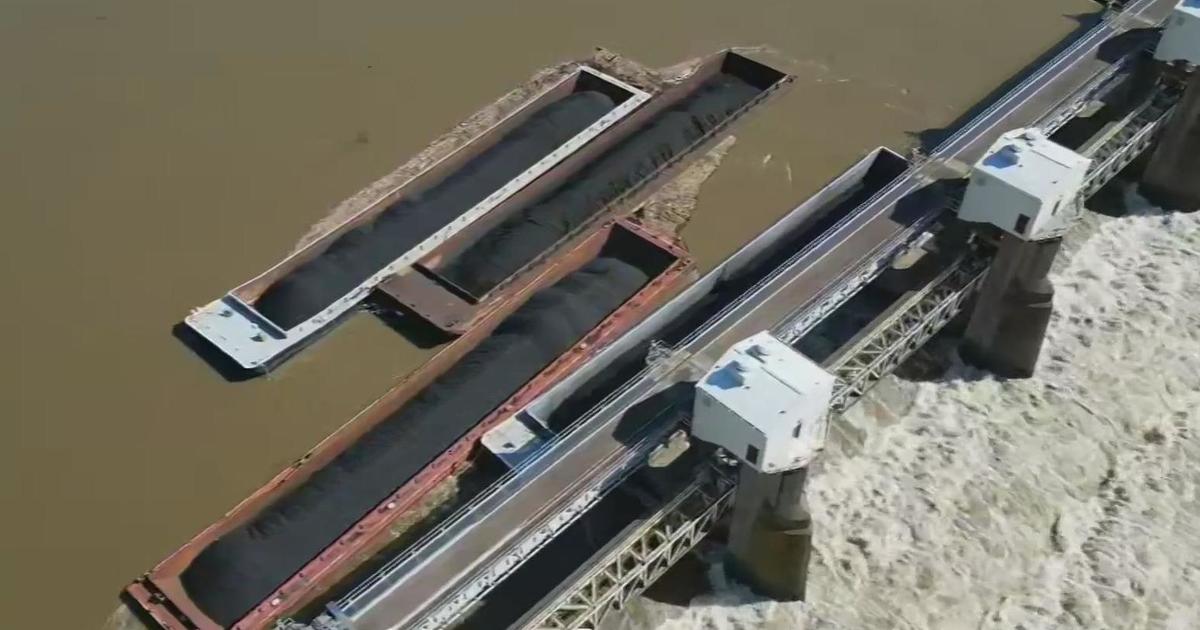Why Ice Matters - Interview With Noted Geophysicist Henry Pollack
Henry Pollack, author of 'A World Without Ice,' and his colleagues on the Intergovernmental Panel on Climate Change shared the 2007 Nobel Peace Prize with former vice president Al Gore. Pollack has been a professor of geophysics at the University of Michigan for more than forty years, travels regularly to Antarctica, and has conducted scientific research on all seven continents. He now serves as a science adviser to Al Gore's Climate Project. Also the author of 'Uncertain Science . . . Uncertain World,' he lives in Ann Arbor.
Where do we find ice occurring naturally today?
In most of the globe, where people are living, the ice that they see is at the top of tall mountains. Even at the equator on top of some of the mountains in the Andes, you can still see ice in the form of mountain glaciers. And in the USA, we have Glacier National Park in Montana. In the Alps of Europe there are glaciers; in the Himalayas of Asia, there are glaciers.
It's not until you go to the high latitudes, to the polar regions, that you begin to see ice at lower levels and eventually right at sea level. In the Arctic, for instance, the Arctic Ocean is frozen sea water that in the winter is very extensive and in the summer time, much less extensive. But nevertheless there is ice right at sea level. And then, of course, on certain special places in the high latitudes, like Greenland and Antarctica, there are big piles of ice that are more than 10,000 feet thick.
What effects has ice had on the planet and the human race?
Ice has come and gone over the face of planet Earth several times in the last few million years. The advancing of ice over the continents and the retreat of ice mark what we call the 'ice ages.' The number one effect that it has had in those ice age episodes is sculpting the landscape. It has produced … the peaks of the Alps. Something like the Matterhorn is a glacially sculpted horn. And it has produced the Finger Lakes of upstate New York. It produced basically all of Long Island and the Great Lakes of the Midwest. Those are all features that were sculpted by the advancing ice.
Now a second major effect that the ice ages have had is that when we have a lot of ice on the continent … there was a transfer of water from the oceans to temporarily reside in the continent. And during that temporary residence, because the water had been withdrawn from the oceans, sea level was lower and … it was easier for humans to move about over the globe, for instance from Asia to North America. What is now the Bering Strait occupied by seawater, was twenty thousand years ago dry land, and people could migrate from Asia to the
Americas by what was called the Bering Land Bridge... So the advance of ice in the continents opened up walkways where people could migrate over the face of the Earth. So it's had a big effect in the populating of all the continents, except of course Antarctica.
What are the consequences of the change in climate for ice?
When the planet warms up, since ice is close to its melting point over much of the face of the earth, ice is a very sensitive indicator of climate change. And in a warming world, we are going to see a reduction in the amount of ice. We are already seeing glaciers in the mountainous regions shrinking. I mentioned earlier, Glacier National Park. When it was founded in the 1930s, there were more than 100 glaciers. But today there are only 15 left. And if the warming continues, we are going to have no glaciers at all in what is called Glacier National Park. So we are going to see a reduction of the mountain ice.
See our country's national parks.
But also, already underway is that in the summer time … the sea ice that covers the Arctic Ocean is shrinking dramatically. It's shrunken like almost 40% of its former extent and has lost about half of its thickness. And if this trend of summer sea ice loss continues, we'll have an ice-free Arctic ocean in the summer time by mid-century, probably for the first time in human history. So, the warming of the climate basically leads to ice loss nearly everywhere.
Does global warming have anything to do with the recent extreme weather events?
The answer is very probably, yes. … if you think of temperatures in places following a bell-shaped curve where most of the time it's close to the peak of the bell-shaped curve, but in rare occasions it can be much warmer way out in one tail or it can be much colder way out in the other tail. The effect of climate [change] is to slowly shift the peak of that distribution, in the case of warming, to a higher temperature. But when you shift the peaks, you also shift the extremes. And so, what used to be, for instance, an extraordinarily rare event, turns out now to not be so extraordinarily rare… And so, the heat wave, for instance, that we are experiencing right now … is certainly an extraordinarily rare event. But these kinds of rare events, as I said, are becoming more common as the general distribution of temperatures is slowly shifting upward.
What would a world without ice be like?
…Of course there would be much less or no ice on the continents. … And if all the ice in the continents were to be returned to the ocean, sea level would rise about 250 feet. So it's no trivial matter. Even if just the ice on Greenland were to slip back into the ocean, sea level would rise a little more than 20 feet. … New York knows that 20 feet of sea level rise means a big change in NYC and on Long Island and everywhere across the coastline. Sea level rise is no laughing matter.
So even long before we have a world without any ice, we have a world with less ice, and that already is leading to a rise of sea level around the globe. Sea level rise is, in part, because the warming of the ocean water leads to thermal expansion of the water … But also the adding of new water to the ocean basins by returning ice from the continents back to the oceans, that's also leading to sea level rise. And the likely sea level rise by the end of this century is about one meter or a little more than three feet. And even that is an amazing change along the coastlines of the world. I know that anyone who's visited the Carolinas, or Georgia or the Florida beaches knows how low-lying and flat they are. … So you don't have to wait til all the ice is gone to see the effect of rising sea level.
So what can we do to reverse global warming? Can any one person have an effect?
…The situation of the warming climate is due to the effects of billions of people going about their daily lives, trying to stay warm in the winter, cool in the summer, wanting to eat everyday. All those things take energy, and the energy of choice, up until right now, has always been the carbon-based fuels. Initially wood, later coal and oil and natural gas. … Little did we realize that the bi-product of burning energy was an atmosphere that is trapping heat and warming the world.
And so, since the situation has come about by the aggregate consequences of many billions of individual activities, I am confident that once we realize that we have contributed to the warming climate then we can also, as individuals, make our contribution to reversing it. It's going to take a rethinking of our energy economy and a movement away from the carbon-based fuels into energy that does not have the consequence of trapping heat in the atmosphere. But we are going to see a lot more solar energy, a lot more wind energy and a gradual replacement of the carbon-based fuels with renewable forms of energy. Those are all choices that one can make.
Learn more Eco-Tips for a greener life.
One can learn to waste less energy. Right now we don't think much about our energy usage, but we actually waste a lot of energy. Companies are learning that the waste of energy is a cost factor. And if they can save energy, they save money. Individuals will learn the same thing as they assess the use of energy in their households and their driving patterns and their transport activities in general.
Then the second broad area in which each individual has a big impact is that some of the policies that are important in guiding energy usage, decisions made by states and national governments, are made by elective representatives. And they are elected, one at a time, by individual citizens. And so, your individual vote in any election, if you choose to cast it based on the attitudes of candidates or representatives towards the energy conservation, towards making a transition to non-carbon based fuels. That individual action — voting — is something that we all do individually. But collectively it has a big impact. It leads to some candidates winning and others losing. So individual actions, in terms of energy usage, are important. And individual actions in the terms of selecting our governmental representatives are also important in bringing about a reversal of the warming climate.








